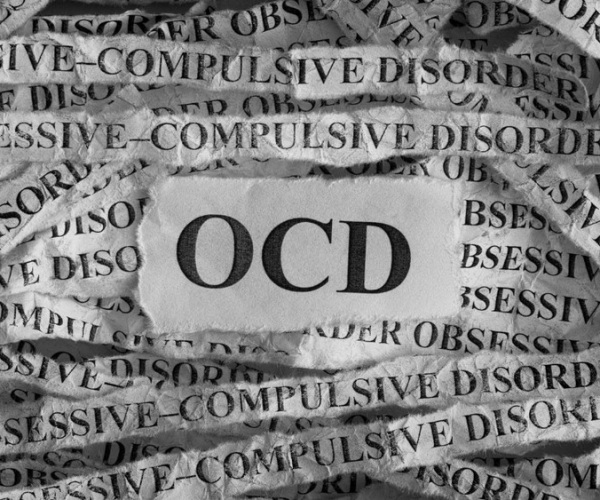What is OCD?

Obsessive compulsive disorder (OCD) is an anxiety disorder that affects two to three percent of the population (more than 500,000 Australians).
It usually begins in late childhood or early adolescence. People with OCD experience recurrent and persistent thoughts, images or impulses that are intrusive and unwanted (obsessions). They also perform repetitive and ritualistic actions that are excessive, time-consuming and distressing (compulsions).
People with OCD are usually aware of the irrational and excessive nature of their obsessions and compulsions. However, they feel unable to control their obsessions or resist their compulsions.
This is very different to people who just like to organise things or be very neat and tidy for example. The uncontrollable nature of the obsessions and compulsions is a significant factor in the diagnosis.
Obsessions
Obsessions are usually exaggerated versions of concerns and worries that most people have at some time. Common obsessions include:
- fear of contamination from germs, dirt, poisons, and other physical and environmental substances
- fear of harm from illness, accidents or death that may occur to oneself or to others. This may include an excessive sense of responsibility for preventing this harm
- intrusive thoughts and images about sex, violence, accidents and other issues
- excessive concern with symmetry, exactness and orderliness
- excessive concerns about illness, religious issues or morality
- needing to know and remember things.
Compulsions
Compulsions can be behavioural (actions) or mental (thoughts). Compulsions are repetitive actions that are often carried out in a special pattern or according to specific rules. Compulsions are usually performed to try and prevent an obsessive fear from happening, to reduce the anxiety the obsessive thought creates, or to make things feel ‘just right’.
Common compulsions include:
- excessive hand washing, showering and tooth brushing
- excessive cleaning and washing of house, household items, food, car and other areas
- excessive checking of locks, electrical and gas appliances, and other things associated with safety
- repeating routine activities and actions such as reading, writing, walking, picking up something or opening a door
- applying rigid rules and patterns to the placement of objects, furniture, books, clothes and other items
- touching, tapping or moving in a particular way or a certain number of times
- needing to constantly ask questions or confess to seek reassurance
- mentally repeating words or numbers a certain number of times, or concentrating on ‘good’ or ‘safe’ numbers
- replacing a ‘bad thought’ with a ‘good thought’.
OCD can be a very debilitating disorder and may have a profound effect on a person’s life. Obsessions and compulsions may take up hours of a person’s day. When OCD effects Peoples ability to function in their day to day activities treatment must be sought.
The good news is that OCD is a treatable condition. The Psychologists at Prosper Health Collective are trained in treatments for OCD, including Exposure and Response Prevention, the gold standard treatment for OCD.
To find out more contact us today on 6381 0071.